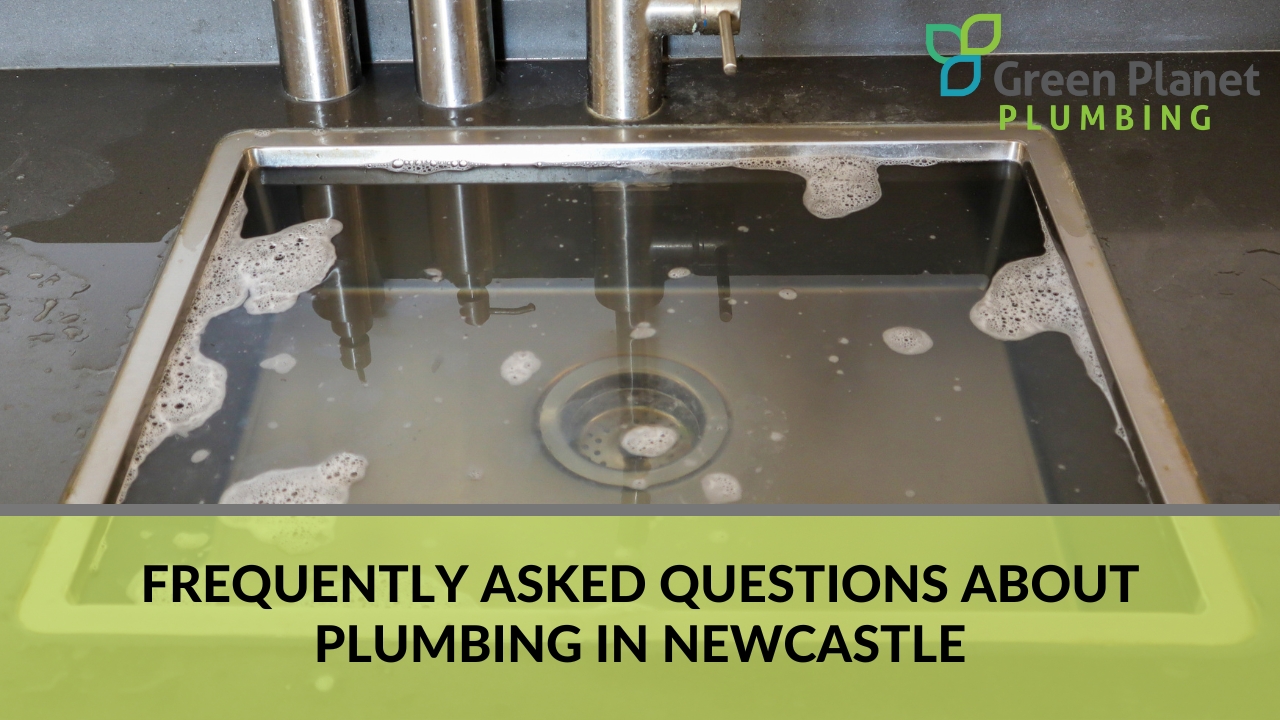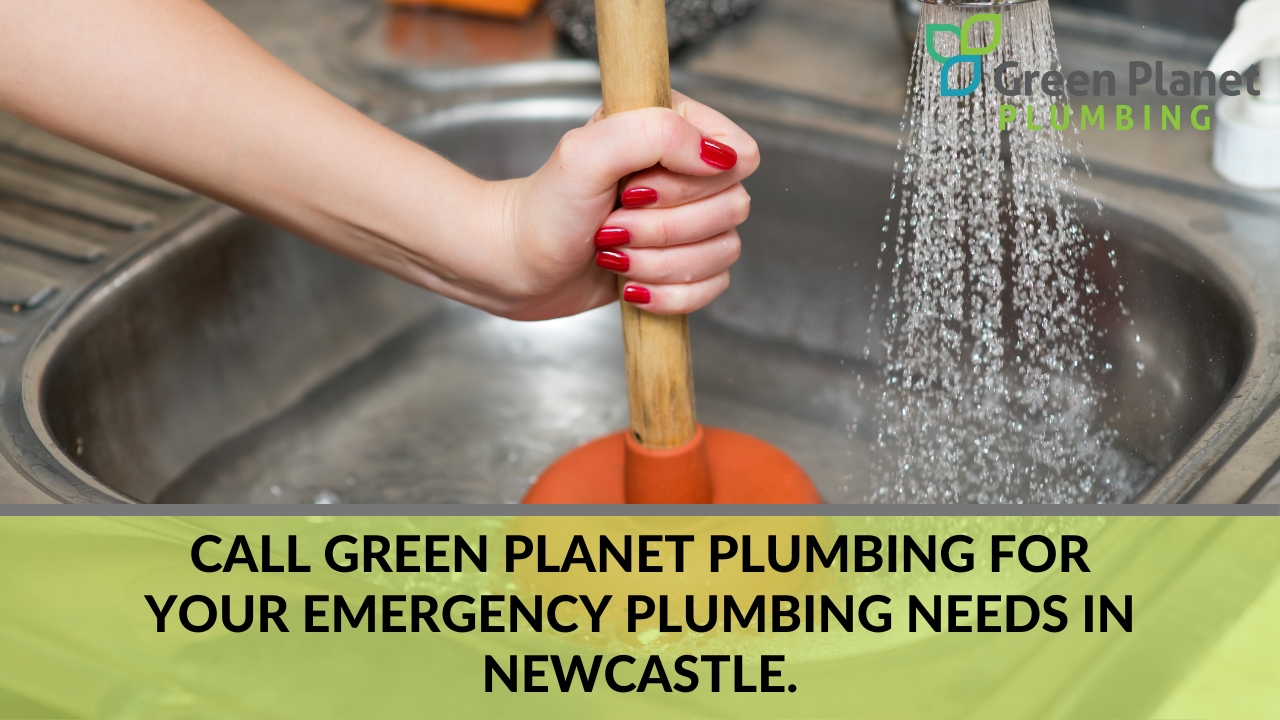Here are the possible culprits to your clogged pipes.
No one likes to deal with clogged drains. It is dirty, slimy, smelly, and unhealthy. However, ignoring a clogged drain will only aggravate the problem, which is why it is something that requires the homeowner’s urgent attention.
Knowing what to do and who to call when there are clogs in the plumbing system is great. Still, it is also important to identify the root cause of it all. Understanding why these clogs occur time and time again can help avoid the same problem in the future.
What are the common causes of clogged drains?
While there can be a multitude of reasons why a drain becomes clogged, here are the most common ones.
Accumulated hair
Human hair and accumulated fur are one of the top reasons why drains get clogged. These can end up accumulating in the plumbing system through the shower, bathtub, laundry room, and bathroom drains. Hair takes years to decompose, so they are more likely to end up causing trouble to a home’s plumbing system.
Hair and fur can knot up, making them hard to deal with. Moreover, when combined with other substances, such as soap and oil, they can get attached to the different parts of the plumbing system. Over time, these build-ups can clog the drains of the plumbing system.
Grease, fat, and oil
Pouring oil from food used in cooking down the sink or the garbage disposal may seem harmless at first. They are liquid, after all. However, oil solidifies when it cools. When these used oils solidify in the pipes, they can cause big problems for the household.
Avoid pouring the following items down the sink or the garbage disposal.
- Vegetable oils
- Chocolates
- Butter
- Cream
The worst thing about oils is that they cannot be washed away by water. Water can be used to wash away foreign substances in the pipes, but it cannot do the same for oils. Oils can bind and cling through the pipes, resulting in clogs and blockages.
Knowing how to clean and clear pipes of dirt and foreign substances is essential for a fully functional plumbing system. However, knowing how to keep pipes clean and clear is also absolutely crucial. Instead of pouring used oils into sinks and garbage disposals, throw them in trash bags. Leave oils to cool down until they solidify for easy clean-up and disposal.
Soap
Most households, if not all, use soap for cleaning. While soap itself is extremely useful in cleaning, soap scum can cause trouble for the home’s plumbing system. Over some time, soap scum can accumulate in the shower drains, bathrooms, and laundry. It can result in clogs and blockages by reducing the diameter of the pipes.
Food waste
Food waste, such as grains and coffee grounds, can result in significant problems in the kitchen. Unfortunately, some mindlessly throw food scraps down the sink and the garbage disposal, thinking they will disintegrate on their own since they are food.
However, food wastes, like the seemingly harmless coffee grounds, can clump together. Rather than break down, they eventually form large masses that can cause plumbing issues.
Avoid dumping food waste on the sink and the garbage disposal. Instead, throw them in the garbage can or convert them into compost.
Cooked foods, such as pasta, steamed vegetables, and meat scraps, are notorious for sticking in the insides of the pipes. Keep them off the pipes and dispose of them properly.
Tree roots
Tree roots in the yard can also lead to clogs and blockages. Tree roots usually damage the main water and sewer lines going into and out of the house. They can hinder water flow and, at the same time, cause backflow. Be on the lookout for gurgling sounds in the plumbing system. These are usually the first signs that a root has invaded the pipes.
Roots naturally are always looking for moisture. They are attracted to the water found in the main pipes, and if there are cracks, they will enter them and invade the pipes.
Preventive maintenance is recommended to prevent roots from invading the plumbing system. In addition, regular inspection of the pipes can help protect them from a more expensive root invasion.
Diapers, wipes, and feminine products
While it is common knowledge that these should not be flushed down the toilet, it is still worth repeating. These wastes are bulky and can easily clog up the pipes. Even if the product’s packaging says that it is biodegradable and flushable, avoid doing it at all costs. Blockage caused by these items can result in expensive repairs.
Tampons, even though small in size, can grow when they absorb too many liquids. Cotton swabs may also seem harmless, but they do not belong in the pipes. These items do not dissolve and disintegrate. They can pile up and accumulate, causing clogs, blockages, and backflow.
Solid items
The solids blocking the drains are not always wastes. Children when left unattended can end up flushing small toys in the toilet. Other items can also be accidentally dropped down the drain and eventually clog it up.
It is helpful to install protective guards and screens to protect the drains. They can help keep solid items and wastes from going down the pipes.
Pipe scales
Over time, scales can form on the insides of the pipes. They are a normal occurrence caused by the passing water. However, when too many scales are accumulated, they can lead to blockage, clogs, and backflows.
Scales are deposits formed due to the presence of minerals and calcium in the water. They can collect in several spots down the pipes and attract other substances.
Scales can lead to multiple issues. Aside from clogs, they can affect appliances that utilise water.
Incorrect size of pipes
Undersized pipes can also cause blockages and clogs. They may have been designed for a smaller house and fewer occupants. However, the new owners may have added new rooms and the house now has more occupants, without considering the existing main lines.
Another reason why pipes may be undersized is due to poor design. Inexperienced technicians and plumbers may miscalculate the load and install smaller pipes.
Since the pipes are not designed to handle the load it receives, it can lead to several issues, such as leaks, cracks, and backflows.

Frequently asked questions about plumbing in Newcastle
Here are some commonly asked questions when it comes to drain clogs.
What can I do to help prevent drain clogs?
Here are some simple steps that everyone in the house can do to prevent clogs.
- Throw food waste in the trash can.
- Keep out soap scum from drains through screens.
- Refrain from flushing everything down the toilet.
- Clean drains and use a pop-up stopper.
- Flush drains weekly.
- Brush hair before taking a bath or shower.
Are maintenance and check-ups necessary?
Yes. Preventive maintenance and checks are extremely important in keeping the plumbing system healthy and functional. Professionals can detect issues before they can make themselves known to the household. By the time the problem becomes evident to the household, the issue may already be serious and more expensive to address.
Can clogged drains cause health problems?
Yes, clogged drains are known to cause health issues. This is because they can become breeding grounds for harmful bacteria. These bacteria, in turn, can lead to skin rashes, chest pain, stomach infections, and other illnesses.
Clogged drains may also lead to stagnant water. Mosquitoes are known to breed in stagnant water, and mosquitoes carry diseases such as dengue fever.
Clogged drains can also lead to excessive moisture, moulding, and mildew. Exposure to moulds and mildew can also lead to several illnesses, including:
- Skin rashes
- Asthma attacks
- Respiratory problems
- Chronic fatigue
- Headaches
- Allergies
Can clogged drains affect my water supply?
Yes. When clogs cause dirty water to accumulate in the plumbing system, they can contaminate the water line into the house. Contaminated water can contain harmful bacteria that pose risks to human health. Coming into contact with this water, or worse, ingesting it, can lead to serious health problems.
Can clogged drains damage my home?
Yes, if clogged drains are left unaddressed, they can lead to structural damage. Clogged drains lead to backflows, which in turn can cause flooding. Flooding can weaken the foundation of a home, as well as damage its flooring and structure. If left unfixed, clogged drains can lead to even more expensive and damaging problems.
Can I DIY unclogging my drain?
Homeowners can try a few home remedies before they call a plumbing professional. Here are some steps worth trying when a drain clog occurs.
- Pour hot and boiling water down the drain.
- Pour a mixture of vinegar and baking soda down the drain.
- Use a sink plunger.
If the clog persists, call a trusted plumbing professional.

Call Green Planet Plumbing for Your Emergency Plumbing Needs in Newcastle.
We are a family-owned and family-operated company with over a decade of experience in the plumbing industry. Call us on 02 4911 9402 for your home’s plumbing needs, and our licenced plumbers will be there to assist you.

